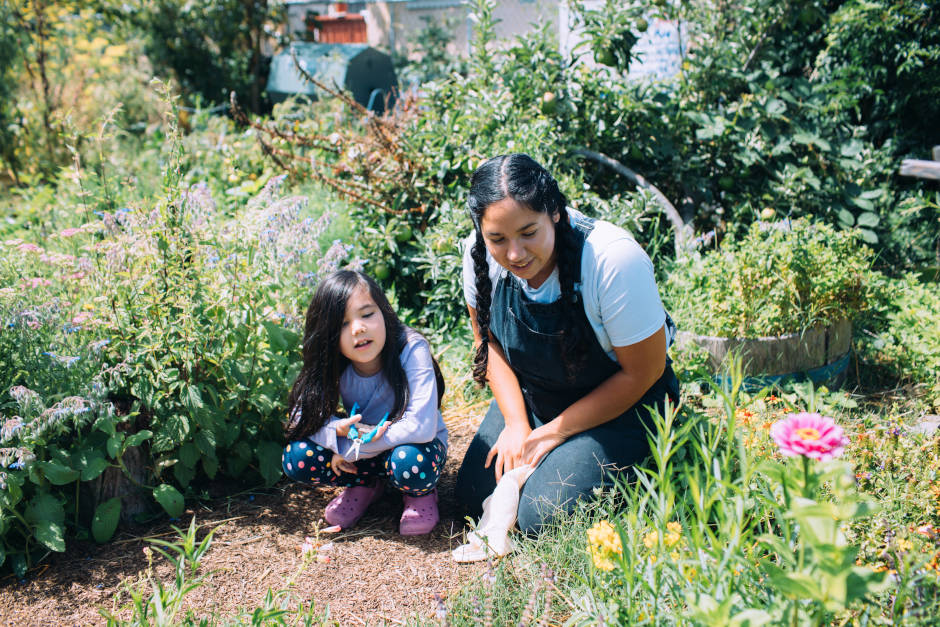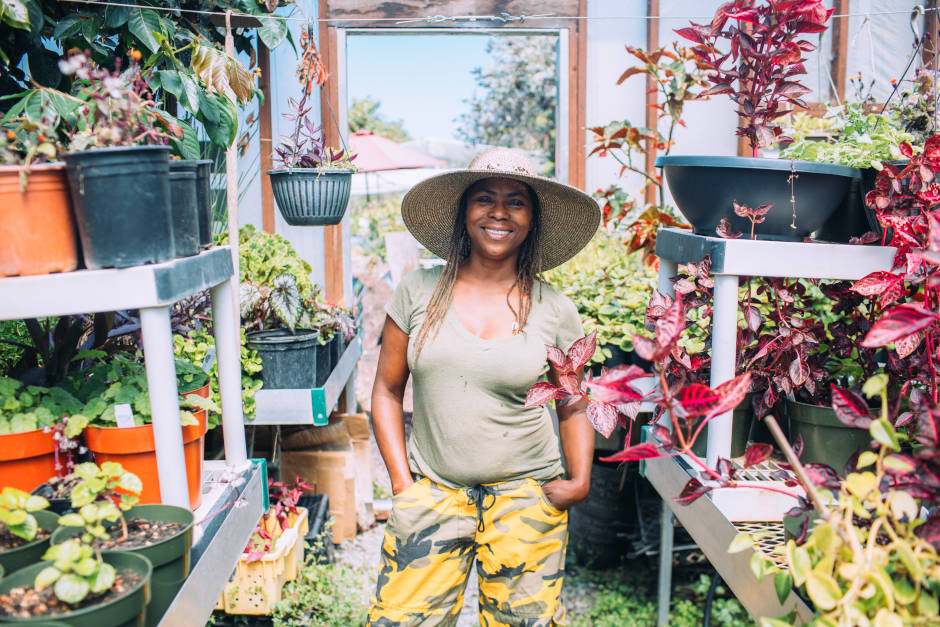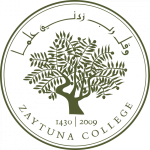Berkeley, CA
Kilos of waste diverted
Kilos of CO2 impact
Number of gardens involved
Berkeley, CA
The Berkeley LCN focusses on food security for low income families and senior citizens. Gill Tract Community Farm and Spiral gardens both have free food programs for those in need while Ashby Community Garden offers free urban farming courses. Zaytuna College instead teaches permaculture as a means to understand the the application of natural principles as a means to spiritual growth in the Islamic tradition.
PLACE for Sustainable living is the lead carbon drawdown node having composted 4200 kilos of biochar to date with a possible max climate impact of 31895 CO2e
The Berkeley LCN focusses on food security for low income families and senior citizens.
This project is sponsored by ALL Power Labs, an equipment manufacturer and biochar producer based in Berkeley, CA. Would you like to sponsor a project? Ask us how
The nodes of Berkeley’s Local Carbon Network are:
UC Gill Tract Community Farm is a collaborative community project between the University of California Berkeley and the local community. Their mission is to conduct community-driven research and education focused on ecological farming and food justice, and to foster equitable economies, a healthy environment, and increased resilience in vulnerable communities, both urban and rural. Gill Tract Community farm aims to supply fresh organic food to anyone who lacks access to it in our East Bay communities.
Spiral Gardens Community Farm was originally founded in 1993 as a project of the Agape Foundation for Nonviolent Social Change by a handful of individuals dedicated to urban greening, innovative organic farming methods, food security, and environmental justice issues. It has grown into a nursery and community garden project. The nursery grows and sells medicinal plants and vegetables starts for urban farms and gardeners in the area. The harvest is not sold but shared between the volunteer growers, low-income senior residents and others in need.
Ashby Community Garden aims to support their local urban community in growing organic food economically through offerings of free educational workshops on urban farming, sustainability projects, and hands-on gardening activities. It is a collectively run urban garden which grows fruit trees and vegetables, raises chickens and keeps bees on 22 individual plots.
Zaytuna College is the first accredited Islamic College in Berkeley. Permaculture is taught as a natural extension of the mission of the College, which is to “inculcate adab in the individual”. Adab is defined by Dr. Naquib al-Attas as “putting things in their proper place.” Permaculture is the application of adab in relation to how we organize our material environment. It provides a framework for putting all the elements required to sustain a good life in their proper places.












